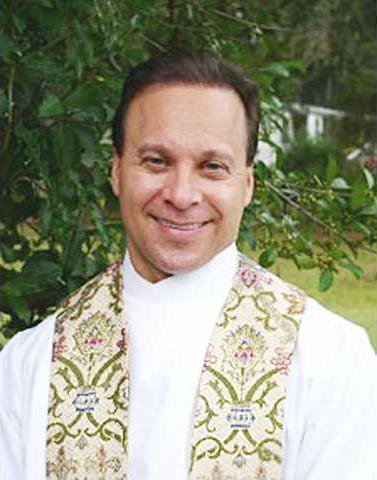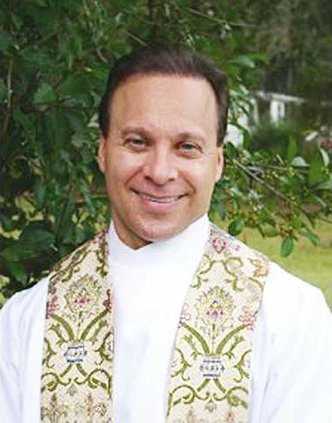You can’t go through life without being hurt — or hurting others — in some way. Sometimes the hurt is severe and long-lasting; other times that hurt is relatively minor and transient. For Christians, the challenge is to forgive. And that can be difficult.
In Shoah, Claude Lanzmann’s documentary on the Holocaust, a leader of the Warsaw ghetto uprising spoke of the bitterness that remains in his soul over how he and his neighbors were treated by the Nazis: “If you could lick my heart,” he says, “it would poison you.”
The inability to forgive can indeed be poison, hurting the person affected much more than the offender (who may or may not even be aware of the nature of the offense).
Dr. Bob Enright at the University of Wisconsin at Madison, president of the International Forgiveness Institute, studies the effects of forgiveness. He and his colleagues assert that while the biblical practice of forgiveness is usually preached as a Christian obligation, forgiveness may also help lead to victims’ emotional and even physical healing and wholeness.
So, it is incumbent upon us to think regularly and deeply about those we need to forgive and where we are in that forgiveness process.
Some are afraid to progress toward forgiveness because the feeling of “being owed” has within it power — power they could lose if they forgive. Others believe their forgiveness would send a message that what the offender did was OK.
Neither of those beliefs is true. When you are tied emotionally to a place and time — and event — you are not free or powerful at all. And forgiving does not at all say what the offender did was permissible, insignificant or in any way OK with you. No, it really was bad. But what you are doing, in response to a situation in which you did not have control, is taking control and choosing to release the offender from the offense.
Enright outlines a process of forgiveness. Take a look at the nine steps below and see where you are:
1. Don’t deny feelings of hurt, anger, or shame. Rather, acknowledge these feelings and commit yourself to doing something about them.
2. Don’t just focus on the person who has harmed you, but identify the specific offensive behavior.
3. Make a conscious decision not to seek revenge or nurse a grudge and decide instead to forgive. This conversion of the heart is a critical stage toward forgiveness.
4. Formulate a rationale for forgiving. For example: “By forgiving I can experience inner healing and move on with my life.”
5. Think differently about the offender. Try to see things from the offender’s perspective.
6. Accept the pain you’ve experienced without passing it off to others, including the offender.
7. Choose to extend goodwill and mercy toward the other; wish for the well-being of that person.
8. Think about how it feels to be released from a burden or grudge. Be open to emotional relief. Seek meaning in the suffering you experienced.
9. Realize the paradox of forgiveness: As you let go and forgive the offender, you are experiencing release and healing.
Of course, you may say, “Well, Bob, you make it sound so easy. You don’t know what I have to forgive.” And that is true. Fact is, the nature and severity of the offense, and the nature or type of relationship between the offender and the offended one, can make forgiveness very difficult to get to.
Difficult? Yes. Impossible? No, not with God. Ask for His help. Give prayer a try.
A Holocaust survivor told rescuers he chose to forgive the Nazis because he did not want to bring Hitler with him to America.
Work to forgive others. Work to forgive yourself. Yes, you are owed. You owe forgiveness — to you.





